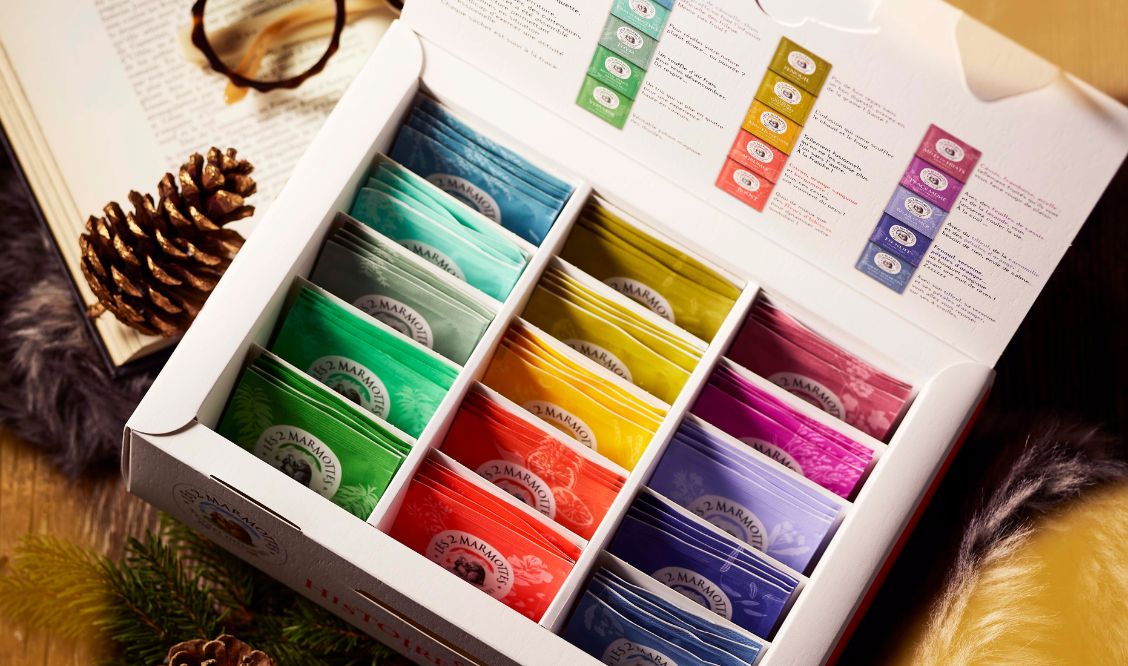After pregnancy, you can choose to breastfeed your baby. To maximize your chances of success and promote lactation, you can ask plants for a little help. We reveal our top 3 plants for breastfeeding *. Let's get milk!
On the first step of the podium, we find fennel !
This perennial aromatic plant native to the Mediterranean basin is called “galactogenic”.
This means that it is known for its ability to aid breastfeeding .
Used for ages to stimulate lactation , you can drink up to 3 cups a day* (plus, it's very low in calories).
Les 2 Marmottes infusions with fennel: Fennel , Cocktail Digest , Fairy Night
Our fennel infusions
Then we find the grandmothers' favorite plant: verbena .
It is said to be able to promote milk production while calming the nerves of mothers, and therefore also of babies!
But stress is not breastfeeding's best friend.
So, to support your body and mind, and produce sufficient breast milk , we say yes to verbena!
Les 2 Marmottes infusions with verbena: Verbena , Night Fairy , 123 Sleep
Our verbena infusions
Green anise, like its cousin caraway, is not to be outdone.
Its small, fragrant seeds are also capable of supporting the production of breast milk .
Be aware that anise also has a reputation for soothing infant colic and that this plant can also be used to combat painful periods .
Les 2 Marmottes infusions with anise: Cocktail Digest (plus there's also fennel in it)
Discover Cocktail Digest
- Because the basis of breastfeeding is water!
- Drinking an infusion also means having a good time, relaxing and therefore being in better conditions for breastfeeding.
- Some herbal infusions are lactogenic.
While some plants are recommended during breastfeeding, others should be avoided. Examples include parsley , mint , and periwinkle , which can have a harmful effect on lactation.
*Throughout your breastfeeding journey, your doctor and midwife are there to answer all your questions, especially regarding nutrition. Don't hesitate to consult them. Of course, make sure you maintain a balanced diet, adapted to your needs and those of your baby.






